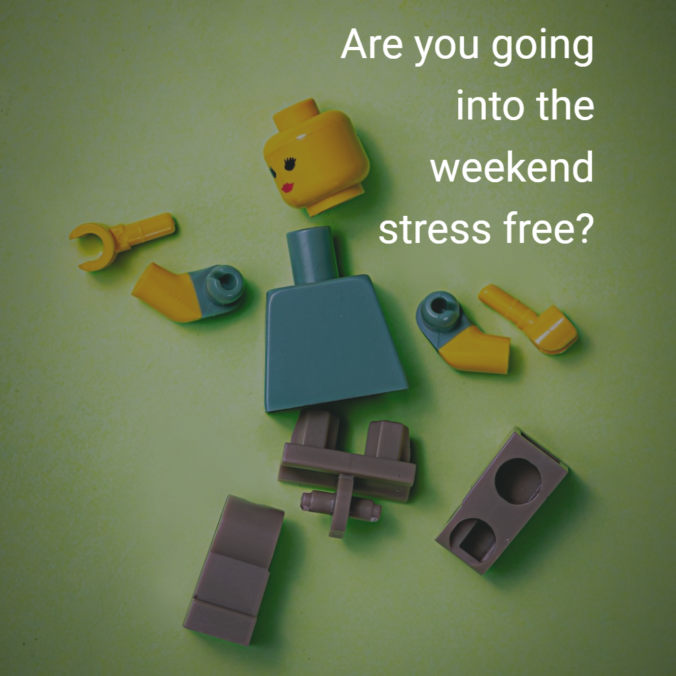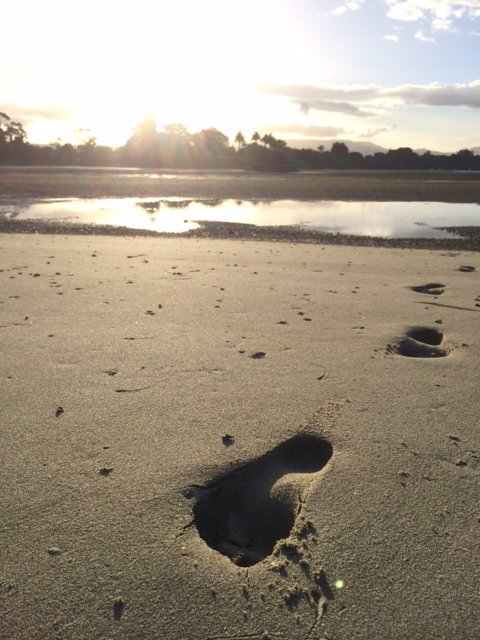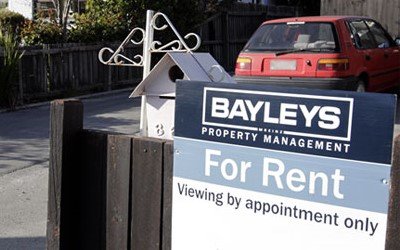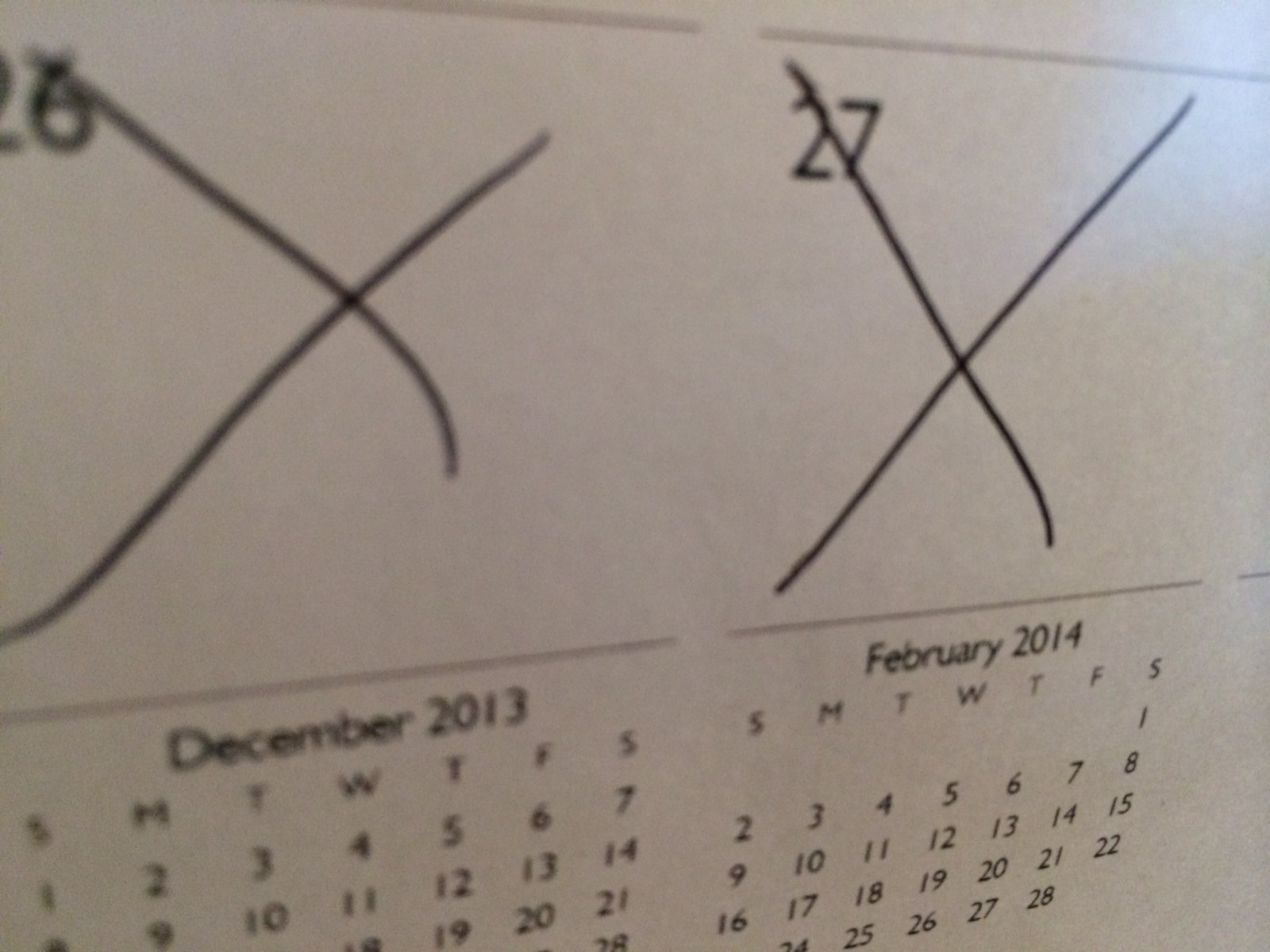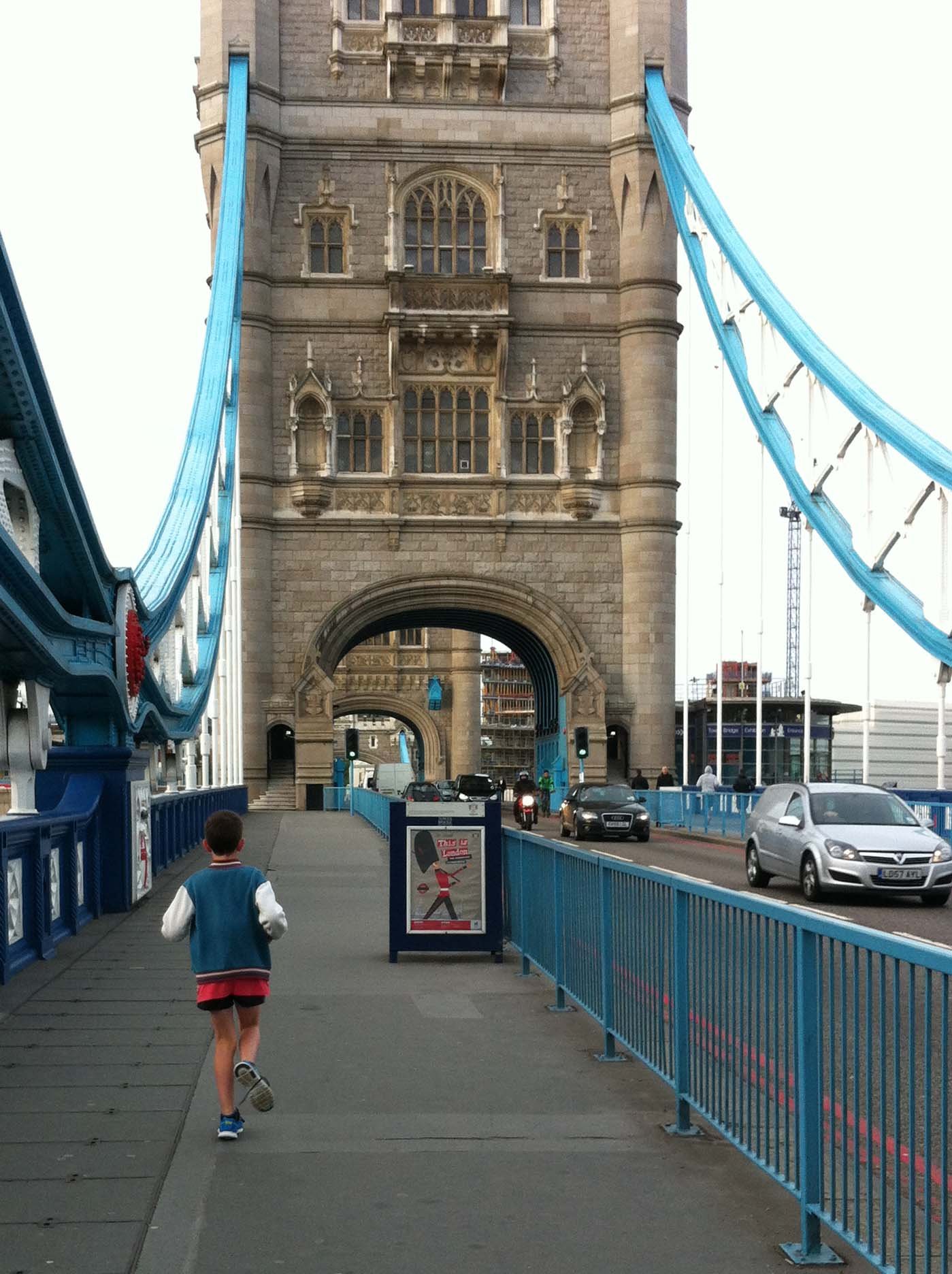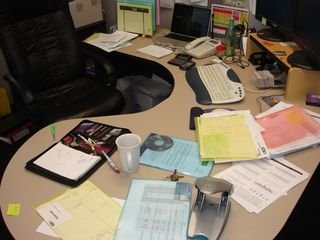 A number of years ago Bill Gates’ mother held a dinner party and invited both Warren Buffet (super rich guy) and Bill along. At the dinner party she ask what they believed was the single most important factor for their success. Both Bill and Warren gave the same one-word answer: “Focus.”
A number of years ago Bill Gates’ mother held a dinner party and invited both Warren Buffet (super rich guy) and Bill along. At the dinner party she ask what they believed was the single most important factor for their success. Both Bill and Warren gave the same one-word answer: “Focus.”
Focus is one of those annoying words that continually collides with my life. Historically I would not regard myself as a particularly focused person, but slowly over the years I have been improving. As I have improved I have realised that FOCUS requires constant, well focus, on three areas:
1. Turning Goals into Priorities
In order to be focused you must know what you are focused on. The word after all means “the centre of interest or activity.” Without having goals, both in business and personally, you won’t have interests or activity to centre yourself on.
But just as important as having goals, is reviewing them very frequently and setting actions. For me this involves a weekly review of my goals and strategies to set the course for the week, then almost daily reviewing these and setting actions for my day ahead.
Simply said. To focus you must have goals and resolve to take action daily.
2. Be in the Right Space
Now that you have your priorities you need to have a work-space where you can actually get on and do the work without too much interruption. As your all know, not all work spaces are the same. Some of us have our own office and others work in open plan.
The key thing to remember is that different focus, requires different spaces. Sometimes I need to work in my office as I need the tools there to do the work. Other times I can sit with my laptop in a café. Other times I go on a walk with a piece of folded up paper and a pen (so I can leave my phone behind). Depending what you are focusing on determines the space you should be in.
Once in the right space and ready to focus, it’s important to eliminate as many distractions as possible. This mainly involves communicating with the team around you that you are focusing a major goal for a period of time.
3. De-clutter ALL Distractions
I was reading yesterday that the average Facebook user in New Zealand checks Facebook 14 times a day. Social media is great for connection with people, but for most of us it distracts us from their goals. Similarly in our work-spaces there are distractions everywhere, so it is little wonder we struggle to focus. As I’ve become more focused I have had to take some pretty radical steps and a few of these are below:
- Implement GTD (Getting Things Done). It’s a book. Buy it. Implement it.
- Have a tidy work-space and try to only have the work in front of you, that you are focusing on. This stops distractions.
- Turn off every type of email notifications on every device. My focus doesn’t last long, the last thing I need when a new email arrives is an excuse for my brain to get distracted.
- Turn off notifications on your phone. All of them at first, then bring the critical ones back in. Social Media are unlikely to be the ones you turn back on. While you are at it, delete the most distracting apps from your phone.
- Relentlessly remove yourself from email lists. The goal of an email is to distract you and get you to check in on their website. Our goal is to not be distracted and to have as much focused time as possible.
Distraction is everywhere which makes focus incredibly hard. If focus is important, you need to radically reduce the distraction. You can still clear Facebook, or check out websites. Just not when they prompt you and not when you are focused.
∴
Becoming more focused is a constant struggle for me. I get constantly distracted and interrupted and I take on too much. All distraction comes at the expense of the goals I think are really important for me.
That said, the more I focus, the more I appreciate the value of focus and the more determined I become on my quest for more.
I’d love to hear if you have tips for becoming more focused, so comment and let me know what you think.
